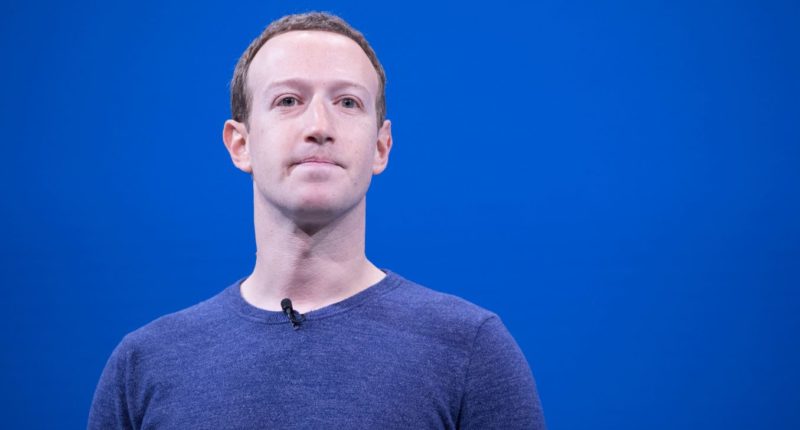Things clearly look misdirected at the public policy team at Facebook. In yet another decision that is sure to spark massive controversy across the board, Facebook announced today, that it will allow influencers to run sponsored content for political campaigns. These influencers are allowed to do so, as long as they identify such content as ads.
What the announcement basically means, is that the social media giant won’t be adding sponsored posts that politicians commission from influencers to its public ad library. The public ad library is a tool which has information on all ads, thus promoting transparency. But that so called shallow promise of ‘transparency’ has clearly gone for a toss here, since influencer ads for political campaigns remain excluded.
There has been massive uproar on social media about this controversial new move from Facebook. But there’s a rather serious background to the uproar.
Prior to this announcement made today, Facebook had no real policy on such influencer-political campaign link-ups. Things changed yesterday though. Michael Bloomberg, the former mayor of New York, in his presidential campaign, went really down to the dirt and ran paid instagram memes against his opponents through popular insta meme pages.
However, as things started building up against the meme fest that Bloomberg had paraded across on social media, Facebook kind of came up with this new policy, blatantly legalising such social media hooliganism. Interesting fact here. While Mike Bloomberg hasn’t really spent money the traditional campaign way, he has spent millions ($1 million per day reportedly) to run just Facebook Ads. So yeah, you figure this out.
“Branded content is different from advertising, but in either case we believe it’s important people know when they’re seeing paid content on our platforms,” a Facebook spokesperson told The Verge. “We’re allowing US-based political candidates to work with creators to run this content, provided the political candidates are authorized and the creators disclose any paid partnerships through our branded content tools.”
Interestingly, in a statement to Buzzfeed, Facebook said that it plans to give guidance to third-party fact-checkers about when to fact-check political speech contained in sponsored influencer posts. If the speech is clearly that of the politician paying for the content, it won’t be fact-checked. If it’s in the voice of the creator, it will be eligible.
The policy, for now is restricted just to the U.S. However, considering how even U.S. presidential elections didn’t waver the company’s will to bring such a thing out, its only a matter of time that this policy applies globally. And when it does reach India, consequences would be nothing short of drastic.
Deepanshu Khandelwal is the majority shareholder of Blue Box Media Private Limited, the company that owns and operates The Tech Portal. However, the shareholdership has no effect on the editorial discretion of the news platform. The views and opinions expressed in this piece are the author’s own and have no relation, direct or indirect, to the views of The Tech Portal.

2 comments
Comments are closed.